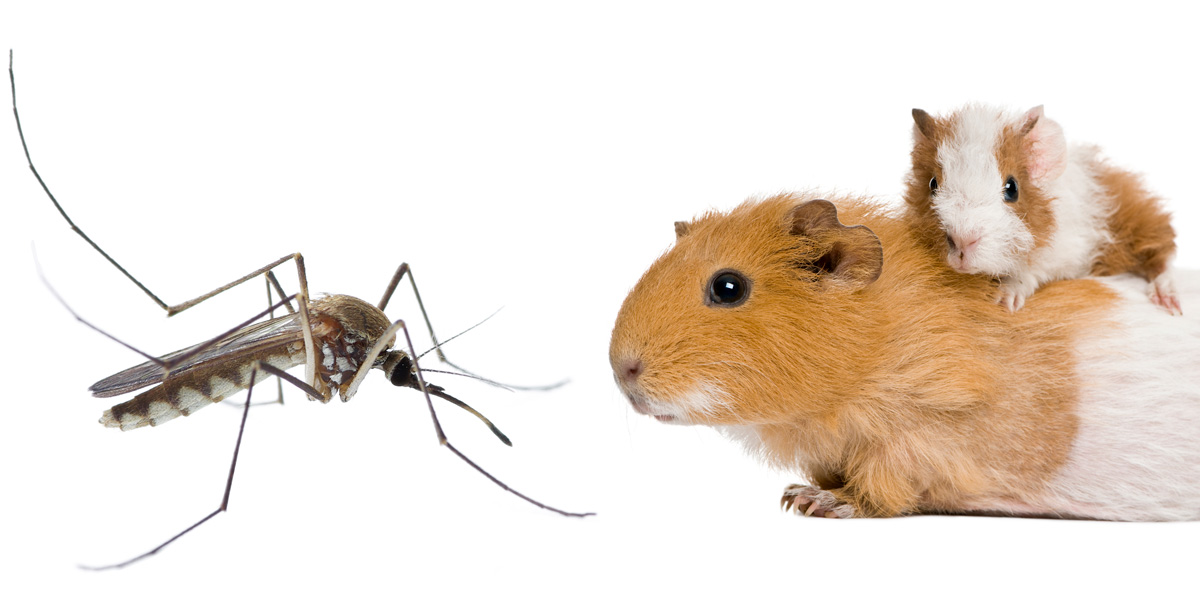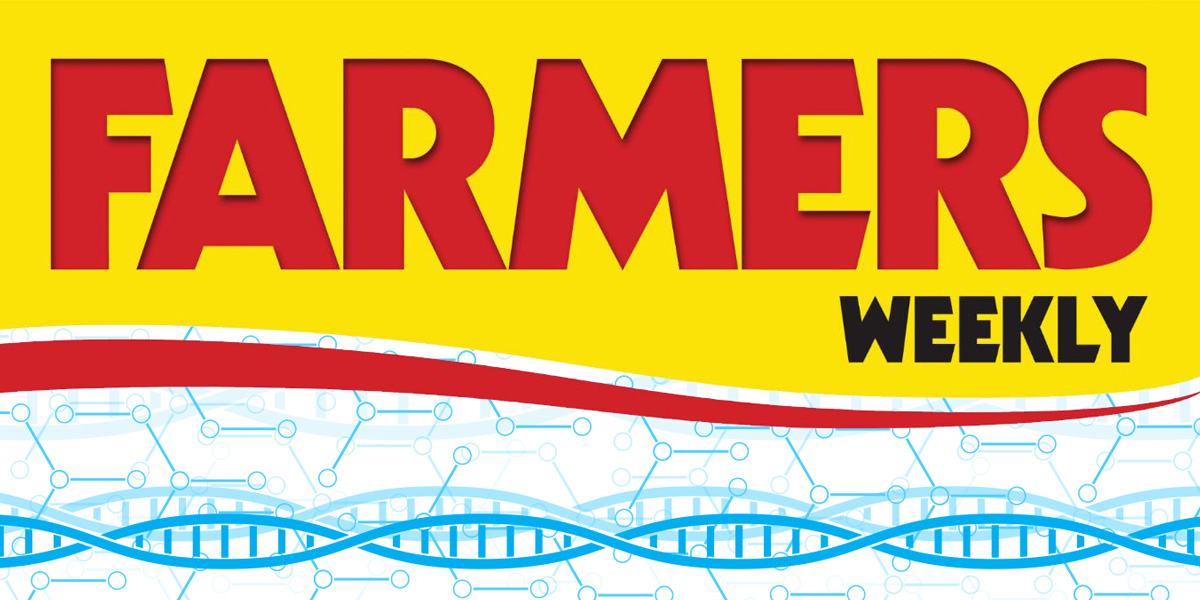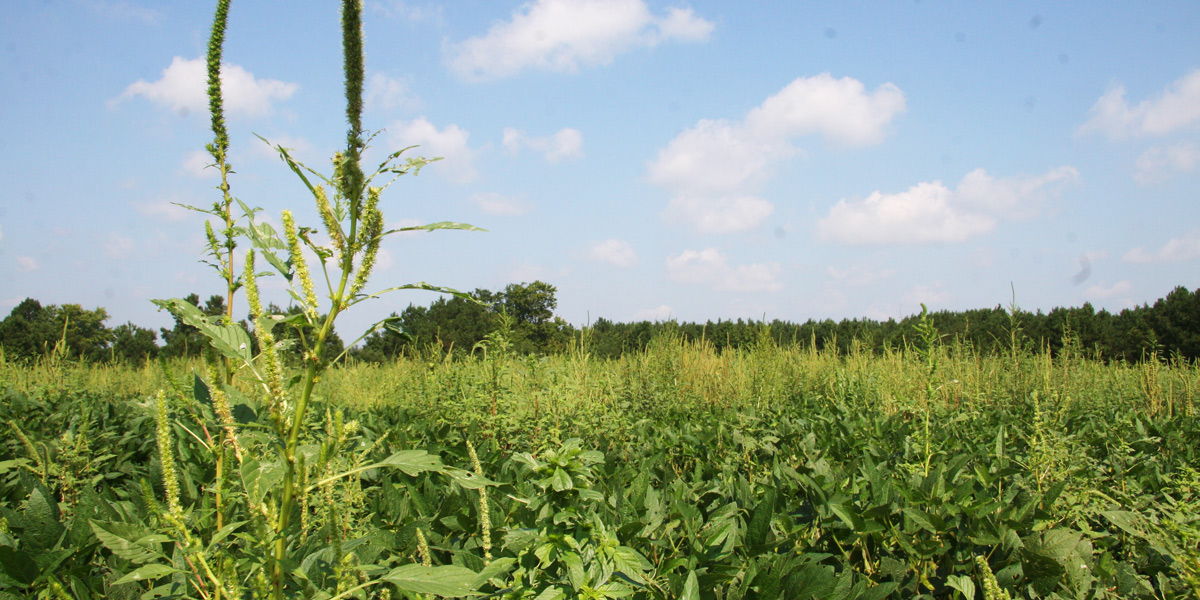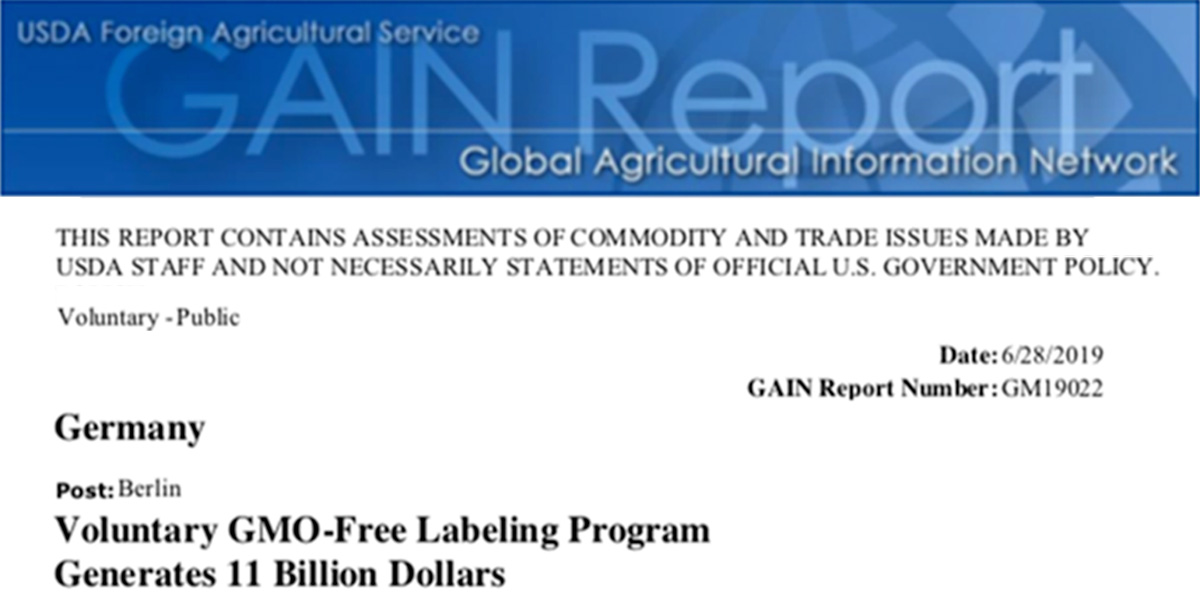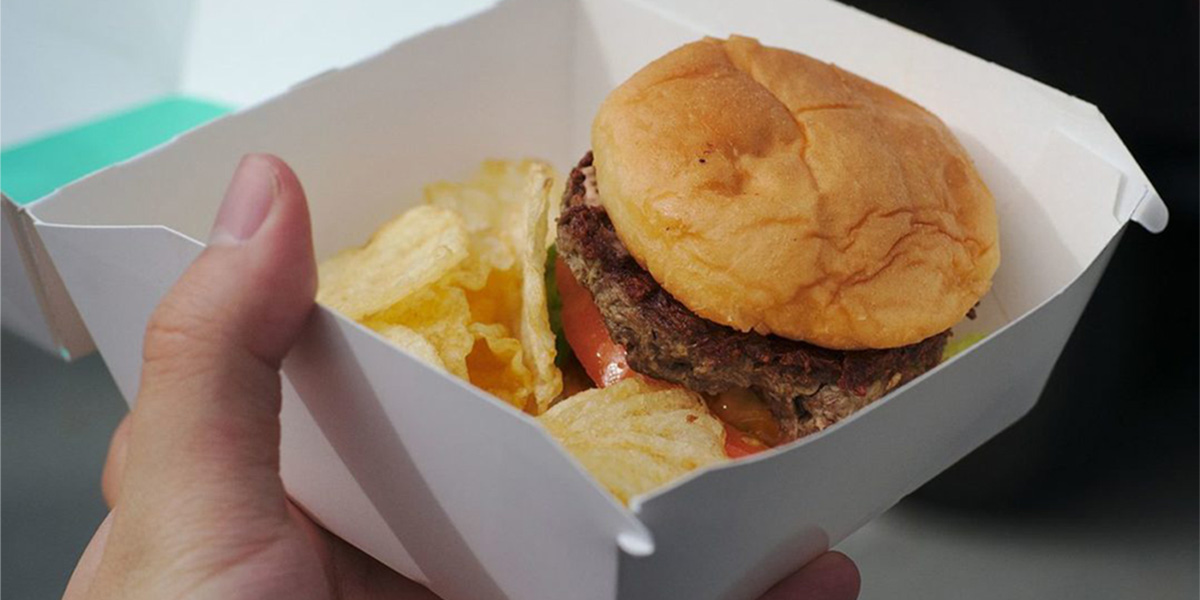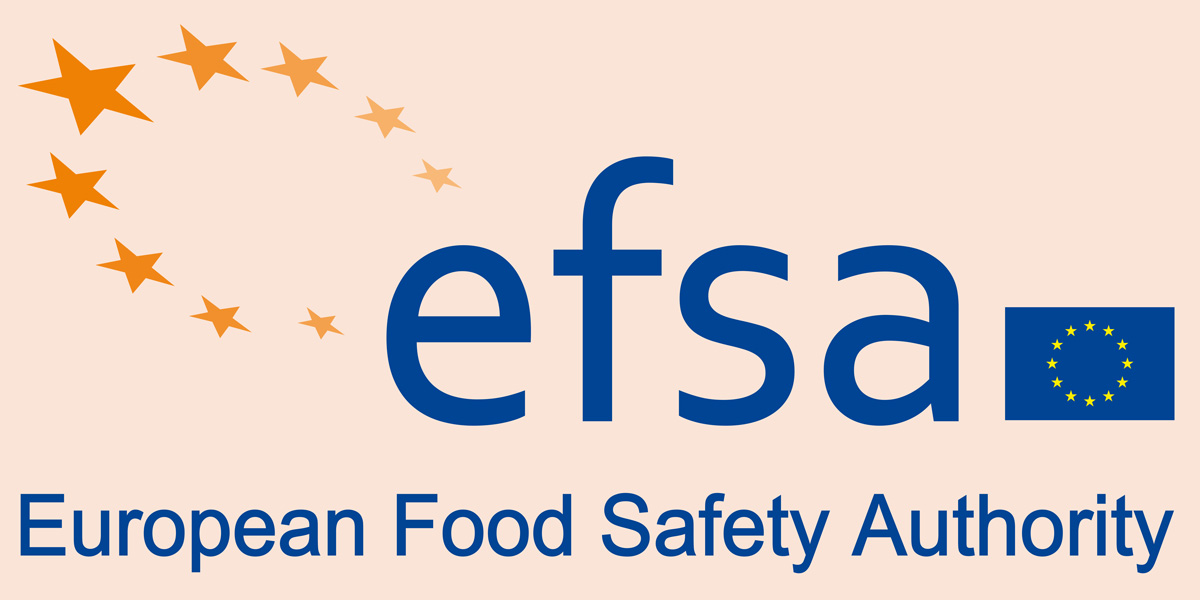Why we need to make one last appeal
Even while our recent funding appeals have been running, we’ve heard that GMWatch is losing not one but two lots of crucial core funding. This makes your support critical to the survival of our hard-hitting global news and analysis. Please donate now to help us keep countering the deceitful propaganda of the biotech industry.
Guinea pig population
Amidst all the furore about the new study showing how the release of GM mosquitoes in Brazil has badly backfired, an article in the Brazilian press stands out. It reports how Dr José Maria Gusman Ferraz was asked by fellow members of Brazil’s biosafety commission (CTNBio), which approved the GM mosquito project, to visit the city of Juazeiro, where Oxitec’s GM mosquitoes were being released. Dr Ferraz says what he discovered there so shocked him that he called on his fellow regulators to suspend the release of the GM mosquitoes. In particular, he highlighted the contempt that he felt Oxitec was displaying for the safety of the local population, who he says were being reduced to mere guinea pigs.
Boris Johnson on collision course with Scottish Government after hyping GMO foods three times in three days
Boris Johnson has promoted GM crops in three separate speeches since becoming UK prime minister. But the Scottish government is refusing to kowtow to Boris Johnson's pro-GMO frenzy and said it remains "fiercely opposed" to the cultivation of GM crops.
Farmers Weekly on Boris's pro-GMO hype
GMWatch is quoted by Farmers Weekly and the German newspaper Taz in articles about Boris Johnson's pro-GMO hype. Farmers Weekly quotes a representative of the Soil Association as pushing back against Johnson's reckless push for de-regulation of GM crops and foods.
UK must accept US food standards in trade deal, says farm chief
The UK must accept US food standards as part of any future trade deal with Washington, the head of America's farming lobby has said. Zippy Duvall, head of the American Farm Bureau, said US farmers were keen to trade with their British "friends". But he said fears over practices such as washing chicken in chlorine and using GM crops were not "science-based".
Celebrity chef Jamie Oliver warns over US trade deal and GM crops
Celebrity chef Jamie Oliver is worried over future trade deals with America and the impact they might have on Britain's food standards. He said GM crops may become more readily available if Britain is taken out of Europe, and added that he will do his best to stop "our culture and standards" being destroyed through new trade deals. He said, "I think that hormone use and genetically modified crops are really not OK."
The Amazon rainforest is burning
Destruction of Brazil's Amazon rainforest is on the rise once again as the trees are on fire, enabling yet more land to be converted to GM soy cultivation. Brazilian President Jair Bolsonaro has refused international help to put out the fires. Even before the fires, Bolsonaro allowed increased clearance of the forest for agriculture.
Paraguay responsible for human rights violations in context of massive use of pesticides on GMO crops
Paraguay must undertake an effective and thorough investigation into fumigations with agrochemicals and the subsequent poisoning of peoples, including children, and contamination of water, soil and food, according to an expert UN body. The UN Human Rights Committee urged Paraguay to prosecute those responsible, to make full reparation to the victims, and to publish the decision in a daily newspaper with a large circulation. The victims are rural workers engaged in family farming in an area of major expansion of agribusinesses and cultivation of GM soybeans.
Poisoning of South Africa's staple food
The African Centre for Biodiversity (ACB) is concerned about impending approvals by the South African government in regard to three new GM maize varieties designed to withstand the extremely toxic herbicide, 2,4-D.
After poisoning downs 24 students in Malaysia, PANAP calls for pesticide-free buffer zones around schools
Pesticide Action Network Asia and the Pacific (PANAP) calls on the Malaysian government to institute a pesticide-free buffer zone around schools after 24 students in Port Dickson fell seriously ill during their classes due to exposure to suspected pesticide fumes from a nearby chilli farm.
Off-target, once again: Herbicide injury heats up across the US
Farmer Jennie Schmidt grows GM corn and soybeans and has been a vocal advocate for GM agriculture. But this year, Schmidt has watched extensive herbicide drift shrivel, pucker and stunt her grapevines, producing irregular grape clusters that taper into dead, burned tips, with small, inedible berries. Experts believe her vines were hit by 2,4-D, dicamba, or both. The herbicide spray drifts from fields of GM dicamba-tolerant soybeans and cotton and 2,4-D-tolerant soybeans. Many other complaints of crop injury from dicamba drift have been reported, as well as injury to non-agricultural plants such as trees and garden vegetables.
US: Farmers and conservationists challenge pesticide approval
Four organisations representing farmers and conservationists have announced a federal lawsuit against the Environmental Protection Agency (EPA) and Monsanto for the approval of XtendiMax, containing the weedkilling active ingredient, dicamba. The challenged pesticide was designed to be sprayed on soybeans and cotton crops genetically engineered by Monsanto to tolerate being sprayed with dicamba.
Dicamba drift from agricultural use found to harm wildlife habitats
A study has found that the spraying of dicamba herbicide has broad off-target effects on wildlife habitats, putting birds at risk. The study reports the results of Arkansas Audubon's community science dicamba monitoring project. Arkansas Audubon “predicts that in a landscape full of GMO crops (on which dicamba is typically used), the atmospheric loading of volatile dicamba could be enough to cause landscape scale damage to our state natural areas, wildlife management areas, national wildlife refuges, family farms, and the wildlife they harbor”.
Missouri and Arkansas: Rogue dicamba weedkiller drift destroys soybean science
In Missouri, dicamba herbicide spray drift from fields of GM dicamba-tolerant soybeans is damaging researchers' test plots of non-tolerant soybeans. Researcher Pengyin Chen's soybeans are not dicamba-tolerant, and they're suffering. The leaves ought to be wide and flat; instead, they're curled into cups. Instead of growing straight up, the plants are putting out fragile little side branches. "It's very discouraging, and very hurtful, as a scientist," he says. "You see all the research being affected. And we were not able to do a scientific analysis of the data." In Arkansas, weed scientist Jason Norsworthy says dicamba damage has cost the Division of Agriculture roughly 250 acres of experiments, worth about $500,000. He said, "All the research here is gone."
"King of weeds" Palmer amaranth resistant to herbicides used on GM crops
Glyphosate, dicamba and 2,4-D – three herbicides used on herbicide-tolerant GM crops – are failing to kill the superweed Palmer amaranth. Farmers in Tennessee, in their third year of using dicamba with glyphosate on crops tolerant to both chemicals, report that a single spraying is no longer controlling Palmer amaranth and other weeds, as it did in the first year. Chemical company experts are recommending that farmers turn to agroecological practices for weed control?"
Call to re-think genetically engineered herbicide-tolerant crops
Canadian civil society groups, the Canadian Biotechnology Action Network (CBAN) and Prevent Cancer Now (PCN), are calling for a review of the use of GM herbicide-tolerant crops in Canada, in response to Monsanto’s request for government approval of a GM corn that can withstand applications of four herbicides, including 2,4-D and dicamba.
Neonicotinoid insecticide reduces fuelling and delays migration in songbirds
Ingestion of field-realistic quantities of the neonicotinoid insecticide imidacloprid by white-crowned sparrows during migratory stopover caused a rapid reduction in food consumption, mass, and fat and significantly affected their probability of departure. Birds in the high-dose treatment stayed 3.5 days longer at the site of capture after exposure as compared with controls, likely to regain fuel stores or recover from intoxication. Neonics are used to coat the seeds of most GM corn and soy, as well as the seeds of non-GM crops.
Maine plans to study the debated practice of aerial herbicide on forests
A bill sponsored by Maine Senate President Troy Jackson, now signed into legislation, requires the Maine Board of Pesticides Control to conduct a report on the practice of aerial spraying herbicides for deforestation purposes. “Working in the woods most of my life, we didn’t used to have this aerial herbicide spraying and I would say the forests grew fine or probably better than under this spraying,” said Jackson, 51, a fifth-generation logger.
US EPA to scale back use of animals to test chemical toxicity
The Environmental Protection Agency is aiming to reduce and eventually eliminate the use of mammals to test the toxicity of chemicals, a move backed by industry and animal rights groups but criticized as irresponsible by a leading environmental organization. Bollworm feeding on GM multi-insecticidal trait cotton and corn The cotton bollworm pest has spent the last decade steadily evolving resistance to most of the corn and cotton Bt proteins on the market that target it. Now, entomologists across the South of the US are reporting increased feeding and survival in Bt corn and cotton fields expressing the Vip3A protein, once believed to be the final Bt stronghold against this pest.
Germany's taste for GMO-free products erodes demand for US's GM soy, says USDA
Germany's voluntary GMO-free labelling programme is gaining momentum, generating $11 billion in sales in the country in 2018, according to a report by the US Dept of Agriculture's (USDA) Global Agricultural Information Network (GAIN) service. According to the report, German consumers’ increasing awareness of and preference for Ohne Gentechnik ("without genetic engineering") labelled foods "is also driving demand in the market for GMO-free animal feed, leading to marketing opportunities for growers and producers of non-GMO feed ingredients and additives, while eroding demand for US exports of genetically engineered soy".
Impossible Foods, impossible claims
Impossible Foods — maker of the veggie “burger that bleeds” — is the latest darling of the food-tech world. Its stardom is driven largely by its claims that the burger is better for the planet than the real thing: But what’s actually in its signature patty raises big questions about just how sustainable this meat alternative is, writes Anna Lappé.
"Our beef with the GMO Impossible Burger"
The Center for Food Safety has produced a briefing on what's wrong with the plant-based Impossible Burger, which contains two types of GMO. The Center says, "We encourage consumers to eat less meat and choose plant-based proteins, but we believe that replacing conventional animal products with ultra-processed, poorly studied, and under-regulated genetically engineered products is NOT the solution to our factory farm and climate crisis."
Regenerative ag more climate-friendly than Impossible Burger
A life cycle analysis (LCA) shows beef produced in regenerative agricultural system is far more climate-friendly than the GMO Impossible Burger. The sustainability metrics company Quantis conducted an LCA at White Oaks Pasture and found that beef produced in their regenerative agricultural system is carbon negative. Their system produces over 100% less CO2 than both conventional beef or the Impossible Burger: For every 1kg of beef produced at the farm, their overall system, including the soil and their vegetation, removes 3.5 kg of CO2 from the atmosphere.
Just how sustainable is that synbio startup?
Despite high expectations of synthetic biology startups — and some may say hype — questions remain about unintended consequences of the technology, as well as consumer attitudes towards goods made with altered genes. Issues include sustainability of feedstocks, safeguards for preventing accidental release of gene-edited organisms, potential human health impacts and potential disruption to agricultural communities.
EFSA gives "low-quality scientific advice" on GMOs – new study
A new peer-reviewed scientific analysis finds that the European Food Safety Authority's (EFSA's) favourable opinion on Monsanto's GMO maize MON810 was unsound. The author of the paper, Veronika Chvátalová, found that EFSA, in its report, "omits relevant available studies, selectively cites information, misquotes studies, fails to acknowledge uncertainties, fails to call for further research where needed, and fails to critically interpret studies and their findings". Chvátalová concludes that the EU Commission should withdraw the cultivation permit for this maize, the only GMO still grown commercially in the EU.
European Court of Justice fails to request a more detailed investigation of risks of GM soybeans
The European Court of Justice has published its decision on a legal case filed by scientific and environmental organisations concerned about the risks connected with GM soybeans produced by Monsanto/Bayer and sold under the brand name “Intacta”. According to the Court, the risks of the GM soybeans were investigated sufficiently before they were allowed for import.
Europe: No labelling for additives produced from GMO micro-organisms
At the end of 2018, the contamination of vitamin B2 lots with genetically modified micro-organisms revealed that these lots were legally not labelled as produced from GMOs. The vitamin B2 was used as a food additive. A semantic nuance explains why food additives, flavours, enzymes, and colouring agents do not generally need to be assessed, authorised or labelled as produced from genetically modified micro-organisms.
Brazil cotton farmers sue Bayer over patent on GMO seed
Brazilian cotton producers in the state of Mato Grosso have sued Bayer, seeking to cancel the chemical company's patent protection for its GM cotton seed. The farmers, hoping to regain $151 million in royalty payments, claim the GM seed does not constitute a de facto technological innovation.
Pakistan freezes GM corn trials on contamination fears
Pakistan has imposed a ban on further trials of GM maize in a bid to avoid crop contamination that could hurt maize exports.
India: Farmers’ groups call for urgent action against illegal GM crops
Farmers’ organisations in India have threatened to take up nationwide agitation if the government fails to take strong action to stop cultivation of illegal GM crops in the country.
GMOs in India: Magic seeds, broken promises
The current Modi-led administration claims that GM Bt cotton has been a success in India and that this success can be extended by adopting a range of GM food crops. With the aim of putting the record straight, a media event took place at the Constitution Club of India, during which evidence was presented that Bt cotton has been a costly and damaging failure.
Australia: De-regulation of gene editing puts families at risk
The Gene Technology Amendment puts Australian families at risk of eating untested, unlabelled GM foods – including animals, writes Amorelle Dempster, Slow Food International Councillor for Australia and Oceania. Under the proposed amendments, a whole class of new and inadequately tested gene-editing techniques, and the GM animals, plants and microbes produced, would be exempt from assessment and licensing.
Tasmania extends ban on GMOs
The Tasmanian Government has extended its ban on the introduction of GMOs into the island state until 2029. Tasmania introduced a moratorium on the release of GMOs in 2001.
Tasmania to change GMO regulations to protect brand status
The Tasmanian government has decided it will regulate gene-editing technology in light of federal regulatory changes. Under the National Gene Technology Scheme, organisms of the SDN-1 type (SDN-1 refers to a double-strand break of the DNA helix, which is repaired without the addition of foreign DNA) will no longer be regulated as a genetically modified organism.
Current-use antibiotics and pesticides undetectable in organic but prevalent in non-organic milk
A study has found residues of currently used antibiotics and pesticides in the milk of conventionally raised (non-organic) cows but not in organic milk. Some antibiotics were found in conventional milk at levels exceeding federal safety limits. The study also found higher levels of the growth hormone bGH in the conventional milk. This suggests (but does not prove) that the farmers were dosing their cows with the genetically engineered bovine growth hormone rbGH, which is banned in Canada and Europe but allowed in the US.
True cost of cheap food is health and climate crises, says UK commission
The true cost of cheap, unhealthy food is a spiralling public health crisis and environmental destruction, according to a high-level commission. The RSA Food Farming and Countryside Commission (FFCC) said the UK’s food and farming system must be radically transformed and become sustainable within 10 years.
We’re leaving so much food on farms to just rot in the fields
You might be familiar with the fact that in the US, an estimated 40% of food goes uneaten. But less well known is the finding from new research that around 33% of food that’s grown is either unharvested or left behind in the fields because the growers suspect it might not meet the specifications of their buyers.
Expert demolishes myth that industrial ag will ever "feed the world"
Growing more grain is not reducing global hunger, writes Timothy A. Wise. Yet the same old message the need to jack up production to solve looming food shortages keeps being pumped out to justify industrial agriculture. Wise writes, "How will 'we' feed 'the world?' We know who we mean when we ask that question: rich countries, with high-yield seeds and industrial-scale agriculture. The United States thinks it’s feeding the world now. It is not."
A ban, not a moratorium, is needed on human embryo modification
Human embryo modification cannot proceed safely and time-buying measures such as moratoria are strategies to deny this reality and enable eventual implementation, write Stuart Newman PhD, professor at New York Medical College, Department of Cell Biology and Anatomy, and Tina Stevens PhD, lecturer emerita at San Francisco State University, Department of History.
Scientists can't be trusted on gene editing
When it comes to human gene editing, scientific self-regulation will never be effective, writes Pete Shanks of the Center for Genetics and Society. Dr He Jiankui, the Chinese scientist who edited the genomes of human embryos, in the words of Harvard professor George Church, "had an awful lot of company to be called a 'rogue'". That's because around 60 people were aware of what He was trying to do, and most of them told him not to do it, but didn't go public.
First human-monkey chimera raises concern among scientists
Efforts to create human-animal chimeras have rebooted an ethical debate after reports emerged that scientists have produced monkey embryos containing human cells.
LOBBYWATCH
Jon Entine and Genetic Literacy Project are Monsanto trolls – law firm
As the founder and executive director of the Genetic Literacy Project (GLP), Jon Entine bills himself as an objective authority on science even though his contribution to the field centres on attacking scientists, journalists and others at the behest of the corporations that pay him. A Monsanto PR plan identified GLP as one of its “industry partners". Monsanto planned to engage GLP and other similarly-affiliated “independent” third parties to “protect the reputation” of Roundup and “orchestrate outcry” about the International Agency for Research on Cancer’s (IARC) conclusion that glyphosate is a “probable human carcinogen".
How Monsanto, a PR firm and a reporter give readers a warped view of science
Monsanto has spent much of the last decade attempting to polish its public image amid campaigns to label GMOs and horrifying stories about how the company treats anyone who might get in its way. In 2013 it enlisted Ketchum PR ― the PR firm for many governments known for human rights abuses ― to help. Ketchum created a campaign called GMO Answers, and used social media and third-party scientists to offer a counter-narrative to allay concern about Monsanto’s products. Internal documents detail the campaign and its tactics for enhancing Monsanto’s public image ― tactics that include developing close relationships with one writer in particular that seem to have paid off for the company.
Revealed: How Monsanto's "intelligence center" targeted journalists and activists
Monsanto operated a “fusion center” to monitor and discredit journalists and activists whose activities threatened its commercial interests, documents reveal. Monsanto also investigated the singer Neil Young and wrote an internal memo on his social media activity and music. The company adopted a multi-pronged strategy to target Carey Gillam, a journalist who investigated its glyphosate weedkiller and its links to cancer. Monsanto, now owned by Bayer, also monitored the food transparency nonprofit US Right to Know through its “intelligence fusion center”, a term that the FBI and other law enforcement agencies use for operations focused on surveillance and terrorism. Amy Goodman of Democracy Now! interviewed Gillam and Gary Ruskin of US Right to Know about these revelations.
Monsanto scientist wanted to "beat the sh*t out of" group of mothers: Emails
Leaked emails from scientists working with Monsanto feature company leaders in 2013 wishing they could "beat the shit out of" advocacy group Moms Across America. Moms Across America wrote an open letter asking Monsanto to discontinue the use of the pesticide glyphosate — which some research has tied to cancers — and to stop producing GM seeds. "I have been arguing for a week to beat the shit out of them and I have clearly lost," Monsanto's Dr Daniel Goldstein wrote to University of Georgia crop scientist Wayne Parrott and University of Illinois biochemist Bruce Chassy. "We don't want to be seen as beating up on mothers."
Carey Gillam: Monsanto built a step-by-step strategy to destroy my reputation
Monsanto records show an action plan to defend Roundup's safety that includes promoting certain Google search results and orchestrating negative reviews of journalist Carey Gillam's book about glyphosate, Whitewash.
How corporations and PR firms shape science reporting
The journalist Paul D. Thacker has fired a shot across the bows of those science writers whose reporting does not even deserve the name of journalism. Anyone who has monitored the endless stream of articles over the last 2-3 decades about the wonders of genetic engineering – shamelessly re-worked recently as the triumphs of CRISPR-Cas9 and other forms of gene editing – will know what Thacker is getting at: science writers who serve as cheerleaders, rather than critical commentators.
Monsanto used former top DOJ official involved in Epstein deal to quash felony case
Monsanto had its lawyers intervene at the highest levels of the US Dept of Justice to stop a felony case being brought against it over the illegal spraying of a banned pesticide and nerve agent in Hawaii. An attorney handling the matter for Monsanto, Alice S. Fisher, is a former senior DOJ official alleged to have played a part in keeping sex offender Jeffrey Epstein’s controversial plea deal secret from his victims more than a decade ago, although some US officials have provided other reasons why victims were not notified. Monsanto uses Hawaii to test its experimental crops, including GMOs.










